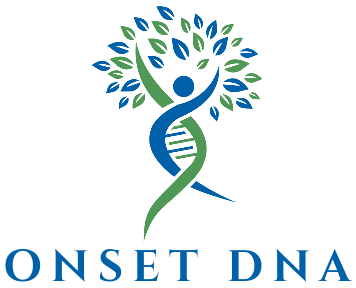
DNA testing has revolutionized fields such as forensic science, medicine, and genealogy, allowing individuals to learn about their genetic makeup, trace their family lineage, or confirm biological relationships. DNA tests can provide highly accurate results for a variety of purposes, but understanding the process, time frame, costs, and safety protocols is essential before deciding to undergo testing.
The length of time it takes for a DNA test to provide results can vary depending on the type of test, the testing facility, and how the test is processed. Generally, DNA tests can take anywhere from a few days to a few weeks.
It’s important to check with your testing provider for specific time estimates as these can vary widely.
DNA paternity tests are one of the most common types of genetic testing. These tests compare the DNA of a child with that of a presumed father to determine if they share a biological relationship. The test typically involves collecting samples from the child and the alleged father using a cheek swab or blood sample. The results can be highly accurate, with a 99.9% certainty for a positive match, and around 0% for a non-match.
Family DNA tests are similar but may involve multiple family members, such as siblings, grandparents, or other relatives. These tests can be helpful in confirming family relationships when a direct paternity test is not possible or when testing multiple potential relatives.
Ancestry DNA tests help individuals trace their genetic lineage and discover ancestral connections across different regions of the world. These tests typically analyze specific markers in your DNA to compare them against a database of genetic samples from populations around the world. The results provide a breakdown of your ethnic background and can even link you to distant relatives.
Ancestry tests may also reveal information about genetic traits passed down through generations, offering insights into health risks, inherited conditions, and predispositions.
DNA tests are generally safe, but it’s important to ensure that the test is conducted in a secure and hygienic environment. The following guidelines are essential to consider:
To receive fast and accurate results, consider the following tips:

There are various types of DNA tests available depending on what information you are seeking. Some of the most common tests include:
The cost of DNA testing varies depending on the type of test, the testing company, and the level of service provided. Below is an estimated cost breakdown:
Always check for any additional fees, including shipping, consultation, and processing.
The time for results varies, but it generally takes anywhere from a few days to a few weeks, depending on the test type and the provider.
DNA testing can be used for a variety of reasons, including confirming biological relationships (paternity, maternity, etc.), tracing ancestry, and identifying genetic health risks.
DNA stands for Deoxyribonucleic Acid, which is the molecule that contains genetic instructions.
DNA stands for Deoxyribonucleic Acid, the molecule that carries genetic information in living organisms.
Rules typically include providing accurate information, following sample collection instructions precisely, and using a certified lab. Ensure your identity is verified to avoid errors in the test results.
DNA samples can typically be stored for long periods, though it’s best to confirm with the testing provider how long they retain samples.

Empowering Families with Knowledge and Clarity through Convenient, Confidential, Compassionate Mobile DNA Testing.

